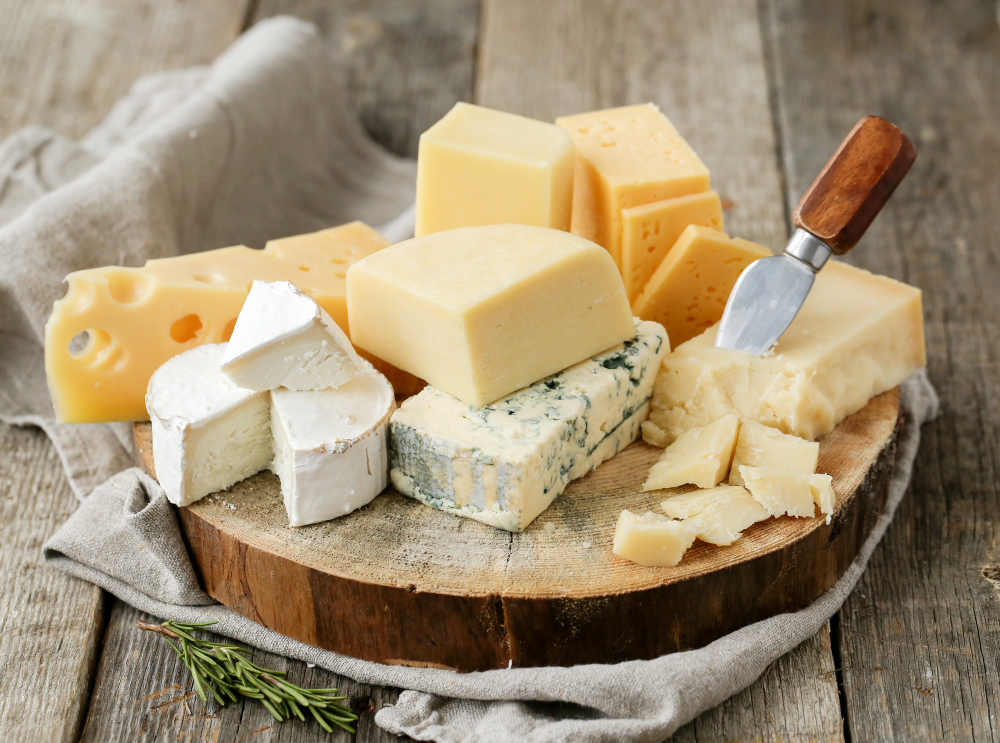Battling the Fake Cheese
This publication is authored by and reflected the views and opinion of PT Integrity Indonesia. More information about PT Integrity Indonesia is available on www.integrity-indonesia.com.
Have you ever pondered the authenticity of the cheese gracing your pasta? Surprisingly, the cheese world is not immune to the rise of counterfeit foods.
In recent years, the culinary world has witnessed a concerning rise in counterfeit foods, and one particular victim of this deceptive trend is cheese. The proliferation of fake cheese products has become a serious issue, leaving consumers grappling with the challenge of differentiating between genuine artisanal cheeses and their synthetic counterparts.
The original, fake Parmigiano-Reggiano
Imagine, the iconic Parmigiano - Reggiano, a 90-pound wheel of cheese, celebrated for its unrivaled quality and rich heritage. Rooted in the Middle Ages, this cheese earned the prestigious Protected Designation of Origin (PDO) status from the European Union in 1996.
Stringent regulations dictated that Parmigiano-Reggiano, the only variation that was rightfully labeled as "Parmesan" within Europe, must be crafted exclusively in a specific region of northern Italy, adhering to precise weight and maturation processes in the provinces of Parma and Reggio Emilia.
With just three ingredients – milk (produced in less than 20 hours), salt, and rennet – Parmigiano-Reggiano boasts a meticulous production process that, while maintaining quality, inevitably results in higher costs.
This, in turn, creates an opportunity for counterfeiters to replicate the cheese at a lower price, often with the addition of ingredients like potassium sorbate, cheese cultures, and cellulose (wood pulp).
The Parmigiano Reggiano Cheese Consortium, the governing body overseeing production, estimates the global turnover of counterfeit Parmesan to exceed $2 billion, underscoring the lucrative nature of this deceptive trade.
Chip in the cheese
In response to the escalating demand for authenticity, brands are deploying cutting-edge technologies to safeguard their products.
Microchips, discreetly embedded within cheese wheels, serve as a potent weapon against counterfeiters. Although consumers may not directly encounter these microchips, hidden within discarded labels, their significance lies in the security they provide.
Rigorous testing, including exposure to simulated stomach acid for three weeks, ensures that these microchips pose no harm to consumers, highlighting the commitment of brands to protect their products and reputation.
Safeguard prestigious brands
Parmigiano-Reggiano is not alone in leveraging technology to ensure authenticity. Across Europe, various food producers are exploring tech-driven strategies. One such innovation involves DNA fingerprinting of milk bacteria, enabling precise identification of cheese varieties and guaranteeing consumers receive what they pay for.
As advanced technologies like microchips, holograms, and DNA fingerprinting become the new norm for certifying products, a collective effort from consumers, producers, and regulatory bodies becomes imperative in battling fake cheese.
By staying informed, scrutinizing labels, and supporting authentic producers, we can play a pivotal role in preserving the rich tradition and quality that genuine cheese brings to our tables. Let us not allow the fake cheese to cast a shadow on the true artistry and flavor of this beloved culinary delight.
This publication is authored by and reflected the views and opinion of PT Integrity Indonesia. More information about PT Integrity Indonesia is available on www.integrity-indonesia.com.

